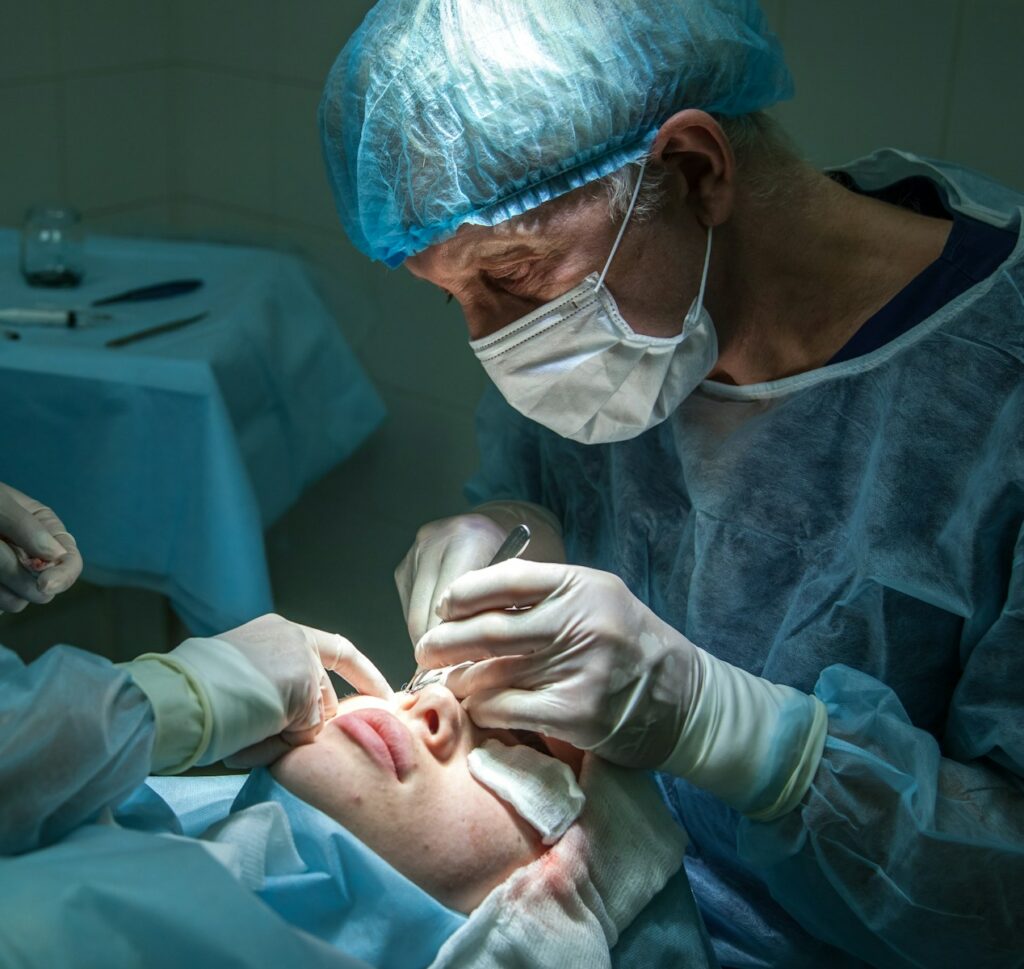Reconstruction surgery depends on the surgeon and their level of expertise. Patients who build trust with their plastic surgeons may feel more confident with the services offered and the treatment outcome. Your surgeon may require thorough appointment preparation, honest communication, and adherence to post-operative care instructions. Here are five tips to help you build trust with your plastic surgeon:
Whether visiting for the first time or follow-up appointments, prepare thoroughly before meeting your plastic surgeon. Preparation may involve lab tests before plastic surgery, such as blood sugar, urinalysis, or smoking/alcohol test. You’ll also need to make a list of medications you’re taking and dosages for each. Include lifestyle activities such as diet, sleeping patterns, physical activities, and whether you smoke or drink alcohol. This information will allow your surgeon to customize your plastic surgery to meet your treatment outcomes.
Write down all the questions or topics you want to discuss with your surgeon. You may also want to carry the necessary items for the appointment, such as test results, Medicare card, and pension card. Preparing for your appointment makes you confidently face your surgeon and discuss everything you’d want to know. This leads to honest communication that enhances patient-surgeon relationship and trust.
When you discuss your lifestyle and express your concerns, your surgeon can more accurately determine the feasibility of your desired outcomes. Whether breast augmentation, liposuction, or facelifts, tell everything you believe might be helpful.
Communicating about your health complications can help prevent health risks such as blood loss or post-anesthetic complications during the procedure. Some lifestyle factors, such as smoking, unhealthy diet, and alcohol consumption, can impact your surgery results. Such factors are more likely to reduce blood flow and delay healing.
Building trust through communication allows plastic surgeons to address your worries and present realistic expectations. The surgeons may help you understand what the surgery can and cannot help you achieve. They may also highlight outcomes and potential risks of plastic surgery to help you make informed decisions.
3. Adhere to Post-Operative Care Instructions
Adherence to post-operative care instructions is another way of building trust with your plastic surgeon. A skilled surgeon can recommend pain management, wound care, or surgical drain care instructions you should follow during recovery. These instructions may include taking medication, cleaning the wound, or eating high-protein foods.
Post-operative care involves follow-up appointments to help the surgeon monitor your recovery. Regular visits allow your surgeon to identify any complications on time and address them. Patients can also get peace of mind knowing that a surgeon is monitoring their recovery.
Adhering to post-operative care and ongoing interactions cultivate a solid surgeon-patient bond. It also enhances commitment and responsibility in promoting a successful healing process.
4. Report Post-Operative Complications Promptly
Surgical procedures, including plastic surgery, might cause post-operative complications. You may experience symptoms depending on your health history, surgery type, and lifestyle factors. The most common complications after plastic surgery include blood loss, infections, nerve damage, abnormal scarring, and edema.
If your body negatively reacts to the surgery, notify your plastic surgeon immediately. This allows the surgeon to intervene quickly to address the complications and promote healing. Interventions may involve adjusting treatment plans, recommending lifestyle changes, or hospitalization. Reporting post-operative complications on time demonstrates your commitment to the healing process. It also reinforces trust and a healthy relationship between you and your surgeon.
5. Bring a Companion to Your Appointment
Bringing someone along can make you feel safer and comfortable before and during the procedure. A companion will also listen and involve your plastic surgeon in discussions, thus helping you make informed decisions.
Some patients have trouble discussing sensitive health issues or retaining information. Find a friend or partner who can discuss these issues with your plastic surgeon. The partner or friend will also help you remember important details regarding the procedure.
This can also provide emotional support, especially if you’re nervous about the consultation or surgical procedure. The companion makes you feel at ease and have trust in your plastic surgeon. You can also bring a post-operative caretaker to learn what’s needed during the recovery.
How Will Plastic Surgery Change in 2023?(Opens in a new browser tab)
Build Trust with Your Plastic Surgeon
Whichever surgery, such as breast augmentation, facelifts, or liposuction, a trusted surgeon will establish a personalized surgery to meet your treatment outcomes. Open communication about your health background or other complications can contribute to a successful surgery. Contact a trustworthy plastic surgeon today for a surgical experience that exceeds your expectations.
